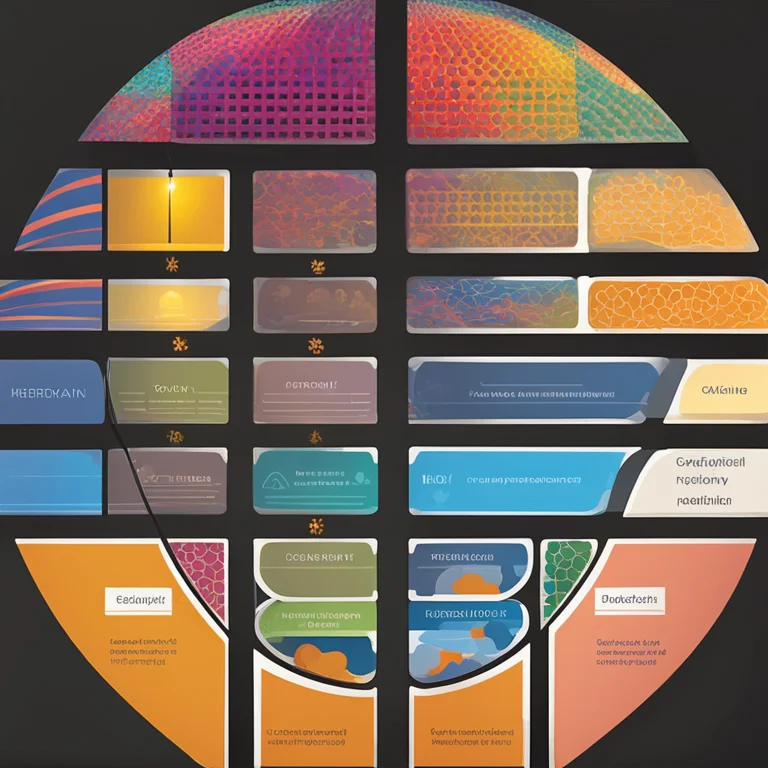
The Impact of Meditation On Brain & Body
Discover how regular meditation practice can lead to profound changes in your brain structure and overall wellbeing.
article by Hina Kurosawa
The Science Behind Meditation
Meditation, once an ancient practice, has now become a subject of modern scientific scrutiny, revealing its profound impact on our neurology and physiology. Numerous studies, equipped with advanced brain imaging techniques like fMRI and EEG, have uncovered that meditation can cause significant changes in brain regions associated with attention, emotion regulation, and self-awareness. Researchers in 2024 continue to explore these changes, seeking to unravel the complexities of the mind-body connection fostered through meditation.

Neuroplasticity and Meditation
Neuroplasticity, the brain's ability to reorganize itself by forming new neural connections, is significantly influenced by meditation. As practitioners focus their attention and cultivate mindfulness, they strengthen and expand neural pathways, enhancing cognitive flexibility and resilience. Consistent meditators often show increased brain matter density in areas like the hippocampus, known for its role in learning and memory, and the prefrontal cortex, which governs decision-making and self-control.

Stress Reduction Through Meditation
One of the most immediate benefits of meditation is its ability to reduce stress. Research has consistently shown that meditation can decrease the production of stress hormones, such as cortisol, which not only promotes a sense of calm but can also improve sleep patterns, alleviate anxiety, and support immune system function. This physiological shift is paramount in 2024, where chronic stress is a common health concern globally.

Meditation and Emotional Health
Emotional wellbeing is another facet of our lives that meditation profoundly influences. By fostering an attitude of nonjudgmental awareness, individuals learn to observe their thoughts and feelings without being overwhelmed by them. This can lead to reduced symptoms of depression and anxiety. Furthermore, the practice is known to enhance empathy and compassion, vital components of emotional intelligence that are more important than ever in our interconnected world.

Physical Health Benefits
The impact of meditation isn't limited to psychological changes; it also offers tangible physical health benefits. Researchers have observed that meditation can help regulate blood pressure, improve autonomic nervous system coordination, and even slow aging at the cellular level by preserving telomere length. As holistic health approaches gain popularity, these findings have significant implications for integrated wellness practices in 2024 and beyond.
A New Era of Meditation Technology
The digital age has seen the fusion of meditation and technology, with a multitude of apps and devices that facilitate and enhance the practice. These tools often include biofeedback mechanisms that allow users to monitor their physiological states, such as heart rate variability, providing real-time data to guide and improve their meditation experience. This marriage of tradition and technology represents an exciting frontier in the journey towards optimal mental and bodily health.
Published: 1/9/2024
Modified: 1/9/2024
More predictions
Come back here soon to learn more about yourself and your future


The Harmony of Meditation & Sleep
Discover how meditation enhances sleep quality and overall well-being through mindful practices and relaxation techniques.


Retreat into Serenity: A Meditation Haven
Discover the transformative power of a meditation retreat and find tranquility for mind, body, and spirit in our comprehensive guide.


The Tranquil Bridge: Meditation's Impact on Sleep Quality
Discover how meditation can enhance sleep quality, weaving a path to better rest and well-being